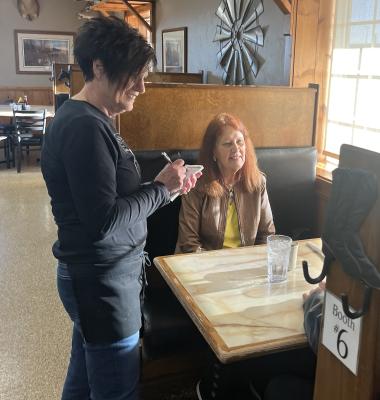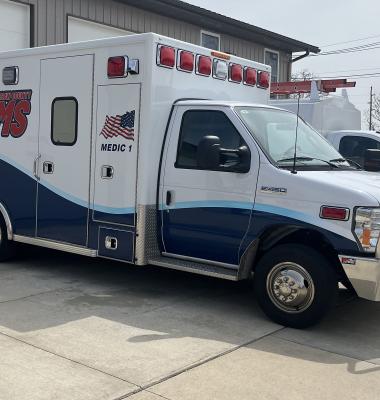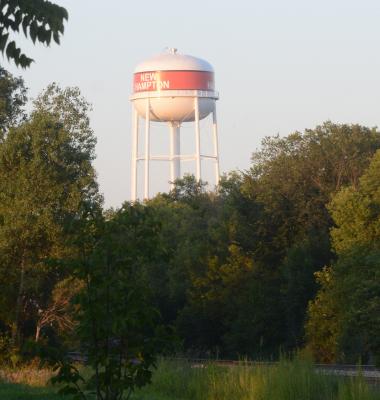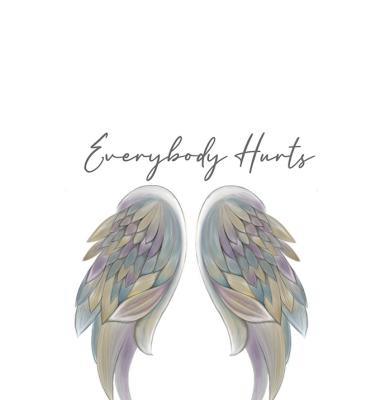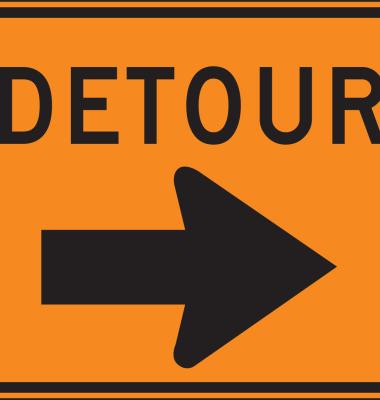Nashua native leads the fight against Crohn's Disease
 ,
, 
Dr. Allan Dietz credits much of the success he has had in the medical field with his upbringing in Nashua.
“My success has partially been guided by the environment I group up in,” Dietz said. “Growing up in that area, hard work was an expectation. Working hard was the very least you could do.”
Dietz works in regenerative therapy and is a Co-Director of the Human Cell Therapy Lab within the Mayo Clinic’s Center for Regenerative Medicine, where Dietz focuses on the use of cells as drugs.
To that end, the lab is involved in clinical trials using dendritic cell vaccines to promote immunity and mesenchymal stromal cells (adult stem cells) to suppress immunity and enhance tissue repair.
In other words, Dietz looks for ways to use a patients’ own cells to heal them.
Dietz and his research team, Dr. Eric Dozois and Dr. William Faubion, have had recent breakthroughs in the area of Crohn’s disease. The research team has tested the use of stem cells derived from the patient’s own body to heal open wounds caused by Crohn’s.
Often with Crohn’s disease, patients develop what are called perianal fistulas. These wounds are holes leading from the inside of the rectum to the outside of the body, near the anus.
In Crohn’s patients, a fistula develops when the characteristic inflammation in the digestive tract is so great that an ulcer forms, spreads through the intestinal wall and then bores a hole through muscle and skin near the anus. Without long-term healing the situation gets worse, with fecal leakage, abscesses, more fistulae and possible cancer. Surgery can provide some relief, but worst cases result in removal of the rectum and use of a permanent stoma and colostomy bag.
“It’s awful, and it can progress to the point where it eventually leads to complete removal of the colon as the only means of survival,” said Dietz.
Crohn’s disease is chronic and has no known cure. It afflicts up to 700,000 Americans.
One option for treatment is a fistula plug, which essentially plugs the hole, but Dietz said it only works about 20 percent of the time. The new treatment Dietz and his team studied worked in 10 of the first 12 patients, or about 80 percent of the time.
“These are patients who nothing else has worked for them,” Dietz said. “What we did was combined a patient’s own mesenchymal stem cells with the plug,” Dietz said. “We obtain the stem cells from a fat sample from the patient. All the other therapies had failed these patients. This is a new approach, using your own cells to fix you.”
The lab Dietz runs at the Mayo Clinic grows the stem cells in a way that meets all the FDA criteria for manufacturing drugs.
“We grow cells so that they can be used as drugs,” he said.
Dietz’s laboratory cultivates stem cells for use in several different trials, including ones for people suffering from extreme osteoarthritis, renal stenosis, amyotrophic lateral sclerosis (better known as Lou Gehrig’s disease) and other nervous system disorders.
“We potentially have a very powerful anti-inflammatory agent,” he says. “With osteoarthritic knee, think of steroids. This could be as useful as a steroid, but way more directed, right? Because you’re going to get the entire dose right at the point of the damage.”
Dietz’s knowledge of stem cell therapy, combined with Dr. Faubion’s experience treating Crohn’s patients and Dr. Dozois’ skill in colorectal surgery, have made the trio a powerful lineup in the fight against Crohn’s disease and other maladies.
Dietz believes the stem cells help to squelch inflammation in the area and draw other cells with healing properties to the wound. Mesenchymal stem cells also promote the growth of new blood vessels. Calming inflammation in and around the fistula is necessary to allow the body’s normal healing process to begin, Dietz says. Sending mesenchymal stem cells to get to work in an open wound is just what the body would do on its own, if things had not been thrown off kilter by Crohn’s disease.
“We look to see if it worked, and we also look to see if it did any harm — and it did not,” he said.
Dietz and his team published the results of the research last July, and have since done trials in two other types of Crohn’s patients. Dietz said the next step is to apply some of these same therapies to pediatric medicine.
“The next step is to so the same with kids,” he said. “The sooner we can help the body heal itself, the better the long-term outcomes.”
Dietz and his wife Victoria — who is a family practice doctor — have three sons. Two are in college and one is a freshman in high school. Dietz graduated as a Nashua Bulldog in 1982.
“I still have lots of family in and around Nashua,” he said. “My father and brother still farm there, my sister is a nurse.”
*/
He studied biology and chemistry at Northern Iowa, received his PHD in genetics from Texas A&M and completed his post-doctoral fellowship with the USDA in Ames.
For more of this article, see Tuesday's Tribune or Thursday's Nashua Reporter.










